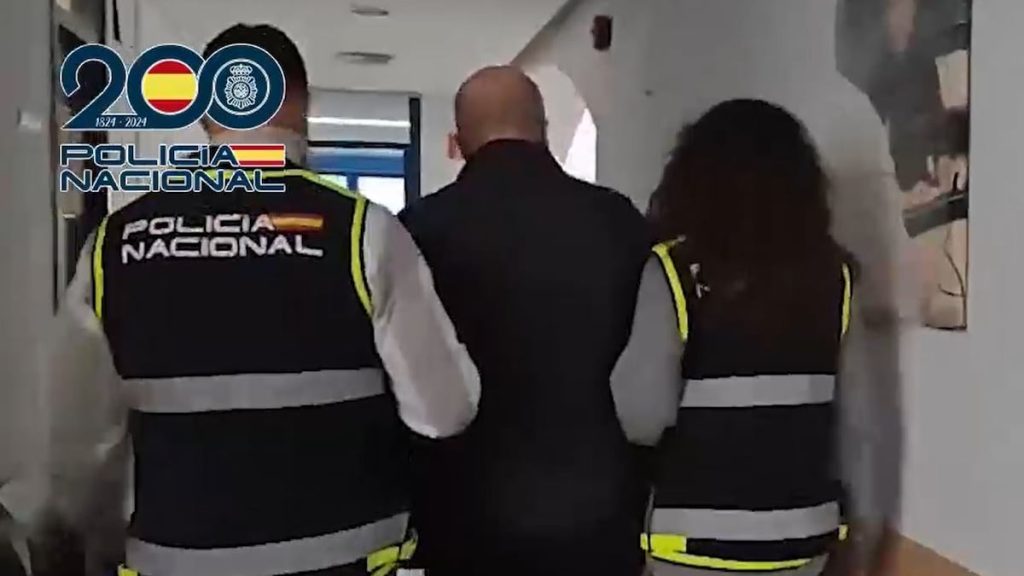The investigation opened by the General Council of the Judiciary (CGPJ) following the escape of Karim Bouyakhrichan, also known as Taxi, considered one of the main leaders of the Mocro Maffia, ruled out a lack of coordination between the three courts involved in the case. The decision-making process was deemed diligent and compliant with applicable procedural rules, according to the 14-page report accessed by EL PAÍS. The report, signed by the head of the Inspection Service, did not delve into the substance of the judicial decisions that led to Bouyakhrichan being released despite the existence of a European Arrest Warrant (EAW). The EAW had been issued by the authorities in the Netherlands, where this criminal structure, mainly composed of North African origin criminals, is based.
The release and subsequent escape of the Mocro Maffia leader caused a legal and police uproar in late April when it emerged that Bouyakhrichan was missing after being released in February by order of the Provincial Court of Malaga. His arrest on January 9 near the courts in Marbella had been a success for the Police, who had seen him escape on a motorcycle a few hours earlier when he was located in an operation by the Special Response Group for Organized Crime (GRECO). The next day, January 10, the mafia boss was remanded in custody charged with money laundering, and shortly thereafter, the Dutch judicial authorities issued a European Arrest Warrant (EAW) against him for drug trafficking.
However, a series of decisions by the three courts involved in the case (Court of Instruction No. 4 of Marbella, Section 1 of the Malaga Provincial Court, and Central Court of Instruction No. 2 of the National Court) led to Bouyakhrichan being released on February 22. He was required to appear in court every 15 days but stopped doing so in early April. The report commissioned by the full CGPJ to investigate what happened details all the judicial rulings issued from the time the Mocro Maffia leader was imprisoned until he went missing, and rules out a lack of coordination: “From what is exposed, it can be inferred that there are no dysfunctions in the actions and communication between the different judicial bodies involved”, the report concludes. The text praises the “diligence” of the actions, “without prejudice to the content of the decisions made with the judicial criteria deemed appropriate at each moment, without any lack of coordination between them”.
The Inspection report includes a timeline of the actions carried out by each of the three courts involved, each separately, without contrasting them with each other. The CGPJ, which has reported that its Permanent Commission has taken note of the report on Thursday, states that the Inspection Service, responsible for the investigation, “cannot make any assessment of the decisions of a jurisdictional nature”. Therefore, the document prepared by the Council does not address the main controversies of the case, such as why the First Section of the Malaga Provincial Court ordered the release of Bouyakhrichan, with bail set at 50,000 euros, or the fact that Judge Ismael Moreno of the National Court, in charge of executing the EAW, ordered its execution on March 15 and yet no one noticed the boss’s escape until mid-April when he failed to appear for his bi-weekly appointment at the courts.


